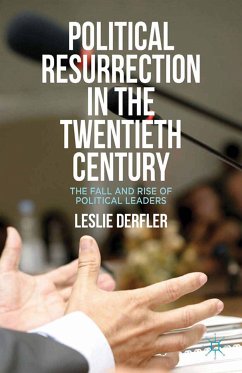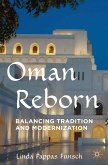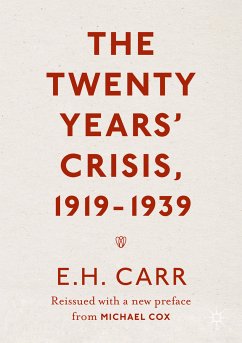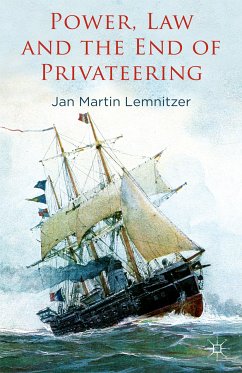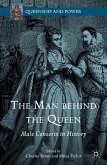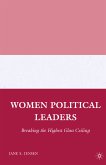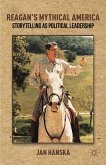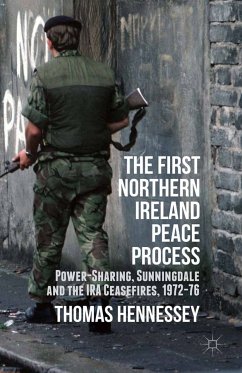Charles de Gaulle of France, Juan Perón of Argentina, and Pierre Elliott Trudeau of Canada all achieved the pinnacle of political power, fell from or relinquished power, and then, after a period in the political wilderness, regained their power. By placing greater emphasis than that customarily accorded by biographers on the interment that followed their fall and preceded their resurrection, Derfler describes what they did, the lessons they learned, and the mistakes made by their successors that facilitated their reentry.
Dieser Download kann aus rechtlichen Gründen nur mit Rechnungsadresse in A, B, BG, CY, CZ, D, DK, EW, E, FIN, F, GR, HR, H, IRL, I, LT, L, LR, M, NL, PL, P, R, S, SLO, SK ausgeliefert werden.
"Derfler has produced a fascinating comparative study of political leadership in the twentieth century. By focusing on the political careers of de Gaulle, Peron, and Trudeau during their time in political opposition, between periods in power, he provides a unique perspective on each, full of new insight and illumination." - Irwin Wall, emeritus professor, Columbia University
"Derfler uses his skill as historian and clarity as writer to craft a highly original study of political redemption in our times. He revisits Arnold Toynbee's lofty generalization about the 'withdrawal and return' of great political leaders, but brings it down to earth through a well-researched comparison of the parallel lives led by three of the best-known statesmen of the late twentieth century - de Gaulle of France, Peron of Argentina, and Trudeau of Canada. Sensitive to differences of personality, circumstances, and fortunes among them, he finds a common denominator in their shared capacity to learn from defeat so as to return to power better equipped and more resolved to further their conceptions of the role of the modern nation-state." - Patrick H. Hutton, University of Vermont
"Derfler uses his skill as historian and clarity as writer to craft a highly original study of political redemption in our times. He revisits Arnold Toynbee's lofty generalization about the 'withdrawal and return' of great political leaders, but brings it down to earth through a well-researched comparison of the parallel lives led by three of the best-known statesmen of the late twentieth century - de Gaulle of France, Peron of Argentina, and Trudeau of Canada. Sensitive to differences of personality, circumstances, and fortunes among them, he finds a common denominator in their shared capacity to learn from defeat so as to return to power better equipped and more resolved to further their conceptions of the role of the modern nation-state." - Patrick H. Hutton, University of Vermont
